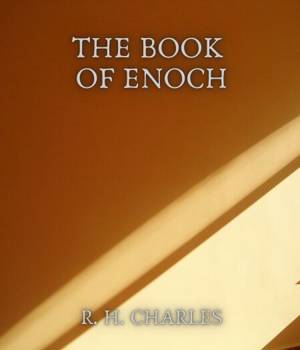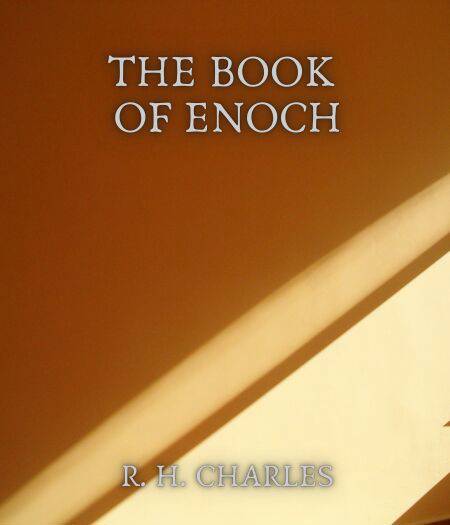
- Retrait en 2 heures
- Assortiment impressionnant
- Paiement sécurisé
- Toujours un magasin près de chez vous
- Retrait gratuit dans votre magasin Club
- 7.000.0000 titres dans notre catalogue
- Payer en toute sécurité
- Toujours un magasin près de chez vous
Description
As the Book of Enoch is, in some respects, the most notable extant apocalyptic work outside the canonical Scriptures, it will not be inappropriate to offer a few remarks here on the Apocalyptic Literature generally. In writing about the books which belong to this literature, Prof. Burkitt says very pointedly that "they are the most characteristic survival of what I will venture to call, with all its narrowness and its incoherence, the heroic age of Jewish history, the age when the nation attempted to realize in action the part of the peculiar people of God. It ended in catastrophe, but the nation left two successors, the Christian Church and the Rabbinical Schools, each of which carried on some of the old national aims. And of the two it was the Christian Church that was most faithful to the ideas enshrined in the Apocalypses, and it did consider itself, not without some reason, the fulfilment of those ideas. What is wanted, therefore, in studying the Apocalypses is, above all, sympathy with the ideas that underlie them, and especially with the belief in the New Age. And those who believe that in Christianity a new Era really did dawn for us ought, I think, to have that sympathy. . . . We study the Apocalypses to learn how our spiritual ancestors hoped again that God would make all right in the end; and that we, their children, are here today studying them is an indication that their hope was not wholly unfounded."
Spécifications
Parties prenantes
- Auteur(s) :
- Editeur:
Contenu
- Nombre de pages :
- 150
- Langue:
- Anglais
Caractéristiques
- EAN:
- 9783985940530
- Date de parution :
- 26-08-21
- Format:
- Ebook
- Protection digitale:
- Digital watermarking
- Format numérique:
- ePub

Seulement chez Librairie Club
+ 2 points sur votre carte client de Librairie Club
Les avis
Nous publions uniquement les avis qui respectent les conditions requises. Consultez nos conditions pour les avis.





